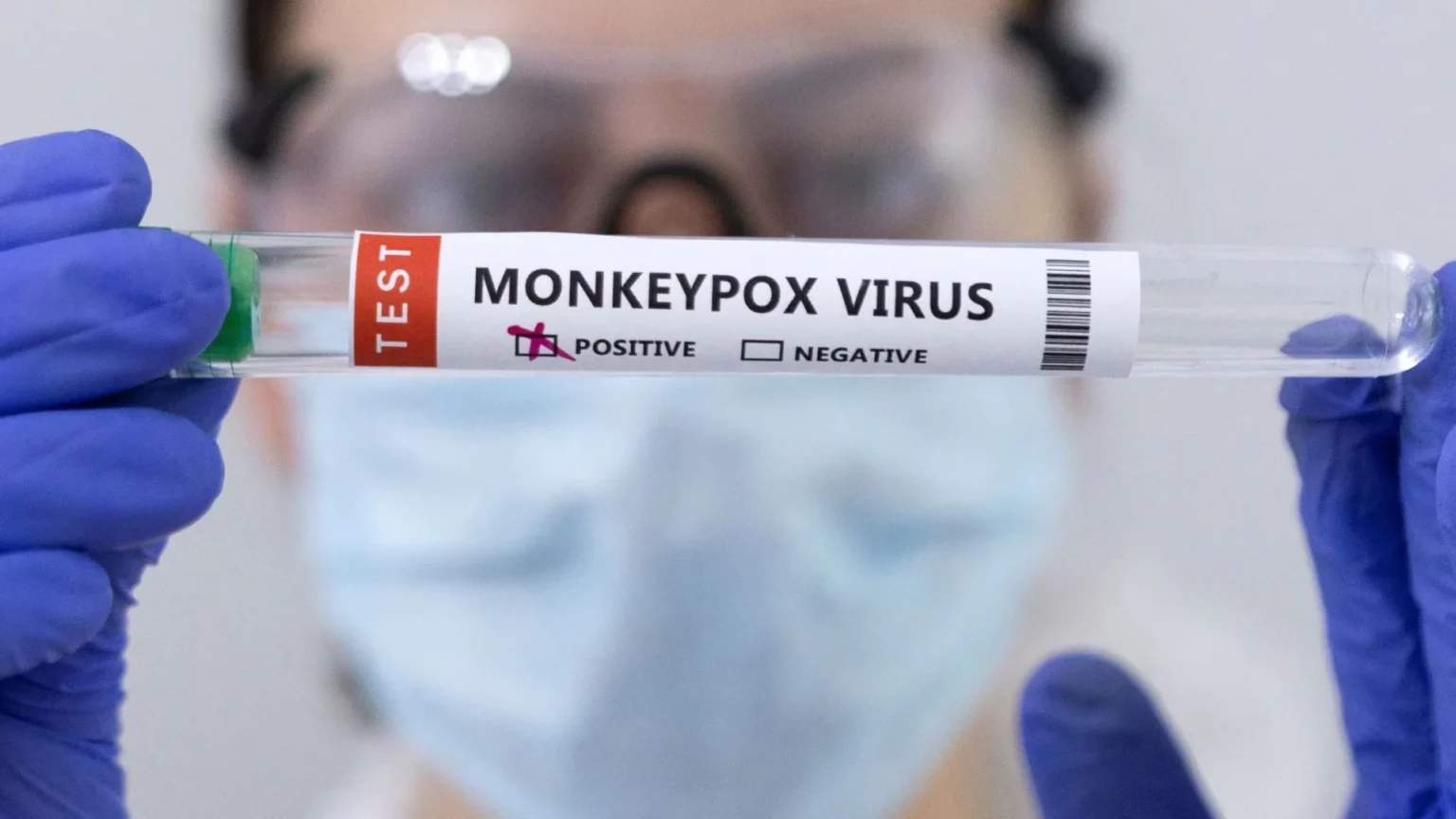The World Health Organization (WHO) has announced that monkeypox, previously known as Mpox, is no longer considered a global health emergency. This decision comes almost a year after the disease began spreading worldwide and marks a significant milestone in the fight against this highly infectious disease.
Monkeypox is a viral disease that is similar to smallpox and was first identified in 1958. The disease is spread through contact with infected animals, and can also be transmitted from person to person. Symptoms of monkeypox include fever, muscle pain, and skin lesions, which can be severe in some cases.
While monkeypox has been endemic in Central and West African countries for many years, cases started appearing in Europe, North America, and other regions in May of last year, mainly among men who have sex with men. The WHO declared monkeypox as a global health emergency in July. Since then, the number of infections has consistently decreased.
During the global outbreak, more than 87,000 cases and 140 deaths were reported in 111 countries. The United States, Brazil, Spain, France, Colombia, Mexico, Peru, and the UK were the most affected countries.
The WHO Director-General, Tedros Adhanom Ghebreyesus, emphasized that monkeypox still poses a threat, especially in parts of Africa where it has been prevalent. However, he also noted a significant decline in cases over the past three months, with nearly 90% fewer cases compared to the previous three-month period.
Tedros attributed this progress to lessons learned from managing HIV and close collaboration with the most affected communities. He also expressed gratitude that the expected stigma and discrimination against these communities did not materialize significantly.
Despite the progress made, monkeypox continues to impact communities globally, particularly in Africa, where transmission patterns are not yet fully understood. Rosamund Lewis, the WHO’s technical lead on monkeypox, emphasized that endemic countries in West and Central Africa have been dealing with the disease for a long time and will continue to do so.
WHO emergencies director Mike Ryan expressed disappointment at the lack of international funding for combating monkeypox in African countries where it is endemic, speculating that this may be due to existing prejudices in the world.
With monkeypox and Covid-19 no longer classified as global health emergencies, the WHO currently designates only one such emergency, which is for poliovirus, declared in May 2014.
While the WHO’s announcement that monkeypox is no longer considered a global health emergency is a positive development, it is important to remain vigilant and continue efforts to combat the disease. This includes maintaining surveillance, ensuring access to tests and vaccines, and addressing the specific risks faced by individuals with untreated HIV. By working together, we can help to prevent new outbreaks and ultimately eradicate this disease.




